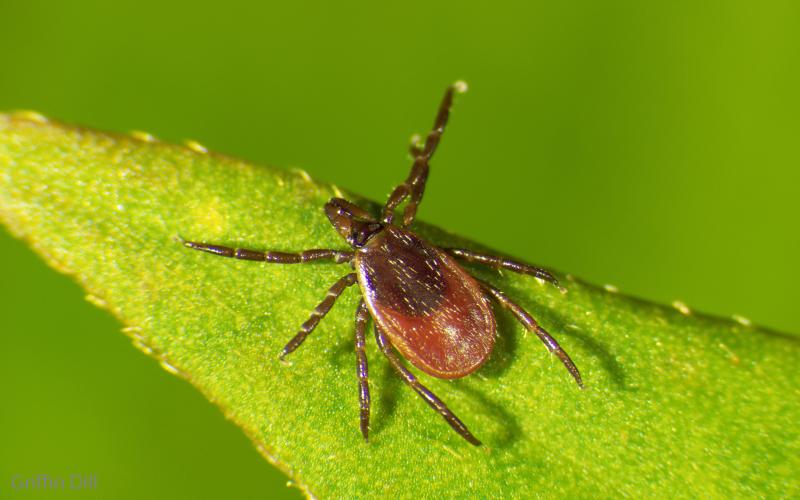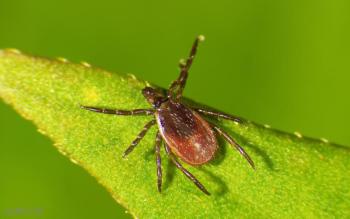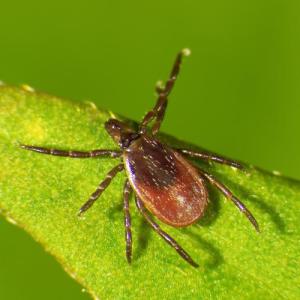Lyme disease vaccine begins human clinical trial
WORCESTER, Mass. — A vaccine with the potential to prevent Lyme disease has entered the clinical trial stage, and could be available to the public in the the spring of 2023, according to an article published last February on WBUR, the B.oston radio station
Lyme disease is the most common vector-borne disease in the United States, and cases have been on the rise in Maine. The Maine Center for Disease Control announced in January 2020 the agency had received a record number of Lyme disease case reports from health providers in 2019.
A February study by the U.S. CDC noted although between 30,000 and 40,000 cases of Lyme disease are reported through surveillance each year, the CDC estimated approximately 476,000 Americans were diagnosed with Lyme disease annually between 2010 and 2018 — about 10 times higher than what’s currently reported.
A pre-exposure prophylaxis developed at MassBiologics of UMass Medical School, Lyme PrEP uses a monoclonal antibody that protects against the disease, according to a news release from the university.
The first human clinical trial of Lyme PrEP, a seasonal shot to prevent Lyme disease, has enrolled 66 volunteers in Lincoln, Nebraska, according to Field & Stream, to evaluate the safety and pharmacology of the treatment.
The trial is being conducted in the Upper Midwest region to avoid testing the Lyme PrEP antibody on volunteers who may have already been exposed to the Lyme bacteria and have developed responses to the bacteria that could confuse the results, per the release.
“This is an exciting milestone,” said Mark Klempner, M.D., executive vice chancellor for MassBiologics and professor of medicine, in the news release.
“There is a real unmet public health need for the prevention of Lyme disease,” he said. “There are more than 30 years of clinical experience that says a monoclonal antibody will be safe. The bigger question we hope to answer is how long will the antibody last in the circulation so when a tick bites you will be protected from Lyme disease.”
MassBiologic’s Lyme PrEP prevents infection by delivering a single, human anti-Lyme antibody, or blood protein, directly to a person rather than triggering their own immune system to make many antibodies as vaccines do, per the release. If a person’s blood contains antibodies against the bacteria, the antibodies can kill Borrelia in the tick’s gut before the bacteria has a chance to travel to the salivary glands, thereby preventing transmission to the human.
The U.S. Food and Drug Administration approved a vaccine, called LymeRx, against Lyme in 1998, though it had limitations and was taken off the market three years later, according to the release. The vaccine targeted the outer protein of the bacteria that causes Lyme, and needed to be administered by multiple injections over a year before immunity developed. Uncertainty about the length of immunity from the vaccine also raised questions of whether a booster shot would be regularly needed.
“Through our research, we realized that just one of the antibodies that the human body developed after multiple injections of the LymeRx vaccine was sufficient to prevent infection,” said Dr. Klempner. “We identified the single antibody that led to immunity and tested it in animals where it proved 100 percent effective.”
Preclinical studies by MassBiologics demonstrated Lyme PrEP gives protection immediately upon injection, as it circulates through the blood, according to the release. Unlike a vaccine which induces antibodies that may not contribute to protection but can cause side effects, this approach uses a single, defined antibody, thus reducing the risk of side effects.





























